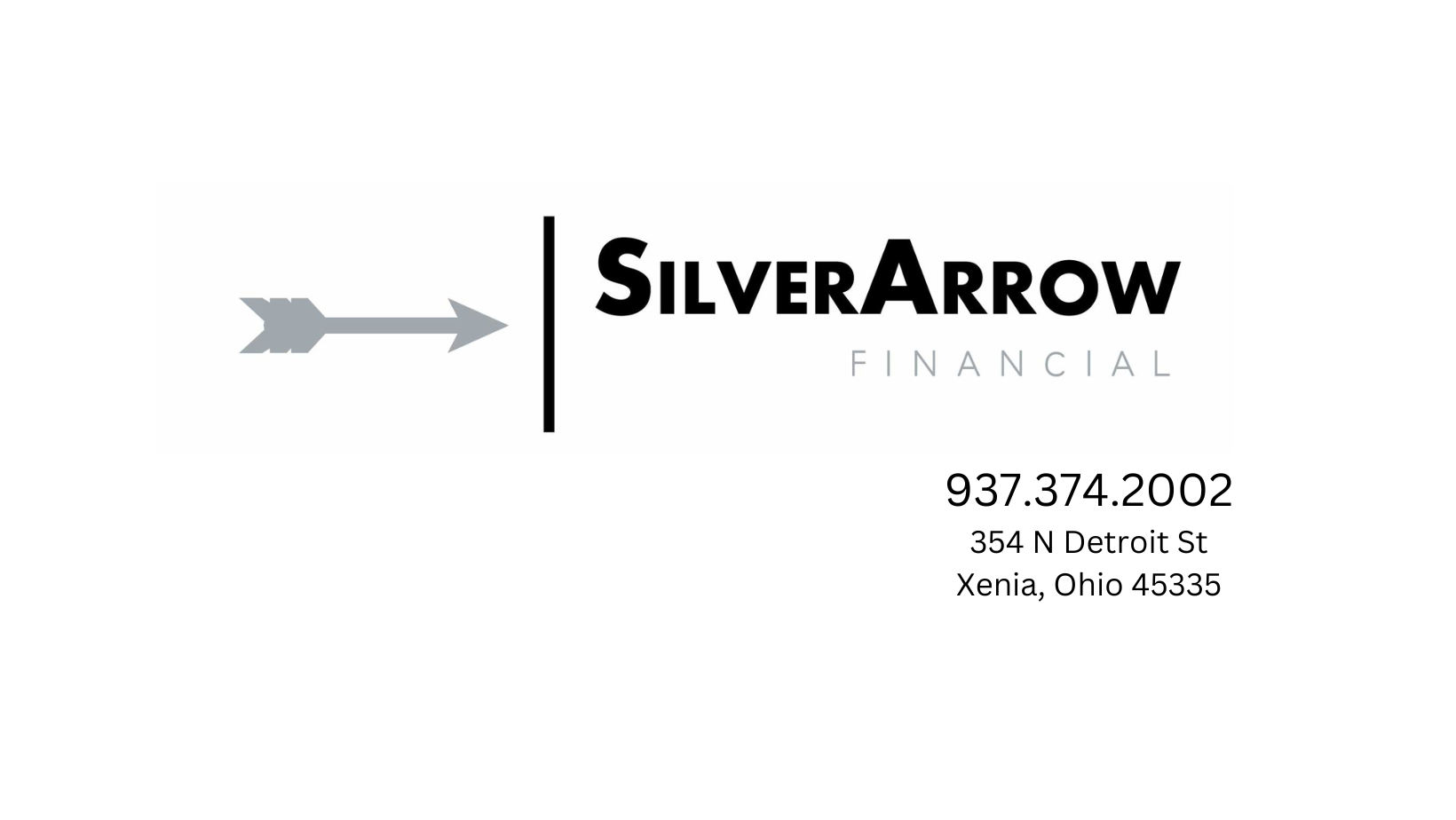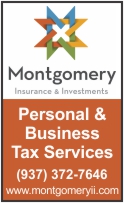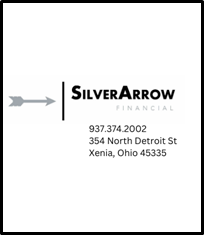This piece from the WSJ tells the story of soon to retire Paul Settle who owns and manages a handful of apartment buildings. He is planning to sell them to fund his retirement, but President Biden’s proposed tax legislation, which aims to increase the capital gains tax for those making over $1 million to 43.4% from 23.8% and could cut his profits by up to $390,000, is forcing him to reconsider his options. Individuals like Mr. Settle, who typically don’t earn anywhere near $1 million dollars apart from when they conduct large real estate sales, can be especially vulnerable to taxation policies like this, because they have little to fall back on if their expected proceeds come up short. Cases like these are worth thinking about for accountants and financial planners so that they can best assist people in getting the most out of their assets.
-Jordan Bradstreet
VERSAILLES, Ky.—Five brick apartment buildings in this horse-country town make up Paul Settle’s retirement nest egg. He purchased the complex 27 years ago and has spent almost every day since tidying the grounds, repairing garbage disposals and collecting rent checks.
Mr. Settle, 64 years old, pays himself about $75,000 a year. The idea was always to one day sell and retire off the proceeds.
But now his plans are on hold. The Biden administration’s tax proposal would increase the capital-gains taxes Mr. Settle would pay on the sale of the apartments, which he expects to fetch over $2 million. Mr. Settle’s tax adviser estimates the changes could halve his after-tax proceeds to about $400,000 after paying off the mortgage.
“I’m in limbo,” he said.
Democrats argue for taxing wealth like work and are seeking to equalize the top rates on capital income and labor. But the line between rich investors and middle-class earners isn’t always so clear. Some, like Mr. Settle, fall into both categories.
Mr. Biden’s plan would increase the top capital-gains tax rate to 43.4% from 23.8% for those earning over $1 million. In any given year, only a sliver of taxpayers fall into this top bracket. Of taxpayers who filed Schedule D, the form for reporting capital gains and losses, only 2.7% had adjusted gross income of $1 million or more in 2018, according to a Tax Policy Center analysis of Internal Revenue Service data.
While many of the wealthiest people in the world are in this group, others more closely resemble Mr. Settle: They usually make less than $1 million, but capital gains from the sale of a property or business pushes them over that threshold for one year only. Under the Biden plan, with some exceptions, they would be taxed at the same top rate as Jeff Bezos if he were to sell Amazon.com stock.
Roughly one-quarter of all millionaires fell into the category for only a single year due to capital gains, according to a Tax Foundation study of Internal Revenue Service data from 1999 to 2007.
Mr. Biden’s tax plan faces uncertain odds in a closely divided Congress. It has turned Mr. Settle into a novice policy wonk. He wakes up each morning and taps “capital gains” into his phone’s browser from bed, looking for legislative updates. When he runs into the man who owns the apartments adjacent to his, they talk taxes instead of tenants like they used to.
“I talk to everybody about it.” Mr. Settle said. “Yesterday, I talked to the guy who runs the carpet company about it.”
After graduating from high school in nearby Frankfort, Mr. Settle moved around the country working at hotel chains until his late 30s. Homesick and without any retirement plan, he decided to invest in apartments in the area where he grew up. “I thought, ‘They’ll do nothing but go up in value,’” he said.
Mr. Settle used a mortgage to buy the apartments in Versailles (pronounced “Ver-sayles”) for $1.3 million in 1994, seven years after they were built. The complex sits next to a large park in a quiet residential neighborhood with single-family homes. It isn’t far from the former orphanage where his father grew up.
He named the apartments Settler’s Cove and envisioned one day owning a small empire of local buildings named after himself. Mr. Settle’s parents had owned hotels, which he worked in growing up. He drew on those skills as the buildings’ property manager and sole employee.
He immediately shut down the pool, which was filled with children who didn’t live there. He banned dogs and painted yellow “no parking” stripes on curbs.
“What I love most are the people and what I hate most are the people,” said Mr. Settle. Some tenants have become friends; one even turned to him to pick her up from a colonoscopy. But calls come into his cellphone at all hours. And some residents are problematic, like a hoarder who had 400 pizza boxes in her home.
While Mr. Settle never got the tax benefits of a workplace retirement account, owning property came with other perks. Over the years, he spent about $500,000 on capital improvements. He was able to deduct the cost of much of those expenditures, as well as the buildings’ depreciation—an annual allowance for the wear and tear on an income-generating asset—reducing taxable income from the units.
The job has kept Mr. Settle active into his mid-60s. He visits the apartments daily, sweeping the laundry room before working on repairs and grabbing a fast-food lunch. He still cleans each unit himself when a tenant moves out. When fresh concrete is laid, he sits in a chair next to it while it dries to keep children from writing in it. He is friendly but on alert for violations. Standing outside one of the buildings on a recent day, there was a lone bark from an apartment. “Did you hear that?” he asked.
Though it never grew into the empire he once imagined, Settler’s Cove went up in value as he hoped. The 700-square-foot two-bedroom apartments now rent for $625 a month and have a waiting list of prospective tenants who often work at nearby horse farms.
Mr. Settle, who never married and has no children, started thinking more seriously about selling after his father died last year at 100. He loved the routine of the apartments but was increasingly drawn to the idea of retiring to the Atlanta area with its cultural attractions and major airport.
This spring, he saw a television segment on the proposed increase in capital-gains rates. He thought it might not apply to him, but called his tax adviser to be sure. Mr. Settle, who voted for Mr. Biden, was stunned to learn the extent of the hit.
Mr. Settle started looking for buyers for Settler’s Cove, hoping he could sell before the end of the year and avoid the potentially higher rates. A local contact offered about $2.3 million.
SHARE YOUR THOUGHTS
Should the capital gains rate be increased? Join the conversation below.
Under current rates, Mr. Settle’s tax adviser estimates that he would pay just under $500,000 in federal taxes on such a sale. That would leave him with about $800,000 after paying the mortgage, state and local taxes. Under the Biden plan, Mr. Settle would owe around $390,000 more in taxes, leaving him with about $400,000, his tax adviser estimates.
Many technical details of the Biden plan remain unclear, making it difficult to determine exactly how much more Mr. Settle would owe. Four other tax professionals the Wall Street Journal contacted estimated he would owe between about $225,000 and $345,000 in additional taxes.
After talking to the potential buyer, Mr. Settle saw that the Biden administration wanted the higher capital-gains rate to be retroactive to April 2021. If that happens, he plans to hang onto the property indefinitely. Anything close to $400,000 won’t be enough to retire on, he said, especially if he inherits his father’s longevity.
For now, Mr. Settle continues his daily rounds. “I’ve got 40 tenants who would give anything to be in my shoes. But I’m not anywhere close to wealthy,” he said. “A millionaire is just an old saying.”
Credit given to: Rachel Louise Ensign. Published in StockXPO on July 31, 2021.
Thank you for all of your questions, comments and suggestions for future topics. As always, they are much appreciated. We also welcome and appreciate anyone who wishes to write a Tax Tip of the Week for our consideration. We may be reached in our Dayton office at 937-436-3133 or in our Xenia office at 937-372-3504. Or, visit our website.
This Week’s Author, Jordan Bradstreet
-until next week.
















